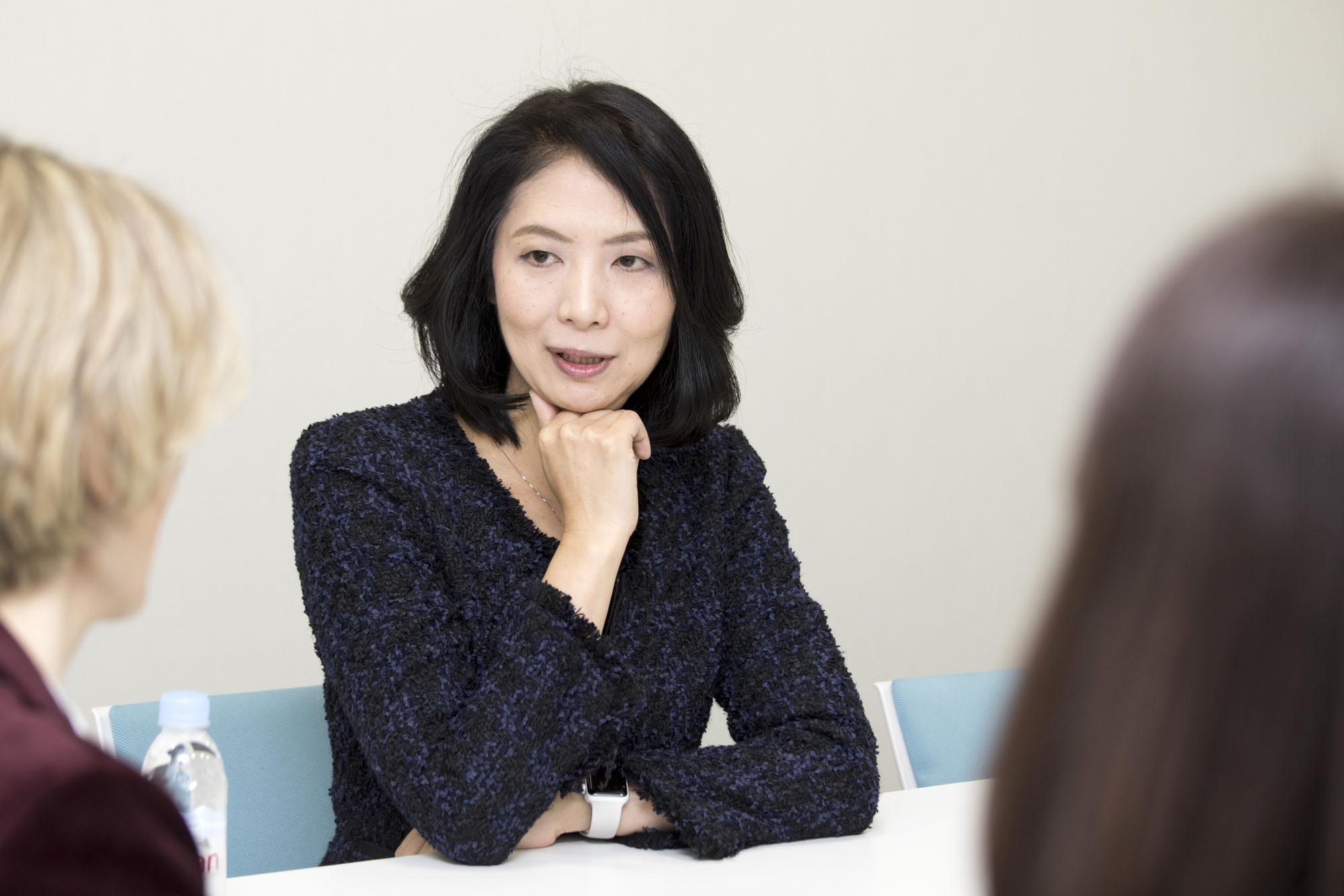Kumi Fujisawa launched her finance career in Tokyo in 1989. It was a notable year: Emperor Akihito ascended the Chrysanthemum Throne, the Nikkei average reached its giddy peak and the Sony Walkman was still a hot-selling gadget.
Yet it wasn't an easy time to be an ambitious young woman in Japan. Despite the skyrocketing economy and implementation of the Equal Employment Opportunity Act three years before, big Japanese firms often didn't consider recruiting female college graduates. Those who made it through the door were expected to drop out soon to get married.
Thirty years later, as Emperor Akihito prepares to end the current Imperial era by ceding the throne to his son, Crown Prince Naruhito, Japan's asset bubble is a distant memory. High-tech manufacturing has largely gone elsewhere. The percentage of women in the workforce has risen, yet mainly as a result of a labor shortage caused by the rapidly graying population.



















With your current subscription plan you can comment on stories. However, before writing your first comment, please create a display name in the Profile section of your subscriber account page.